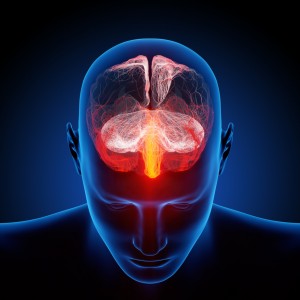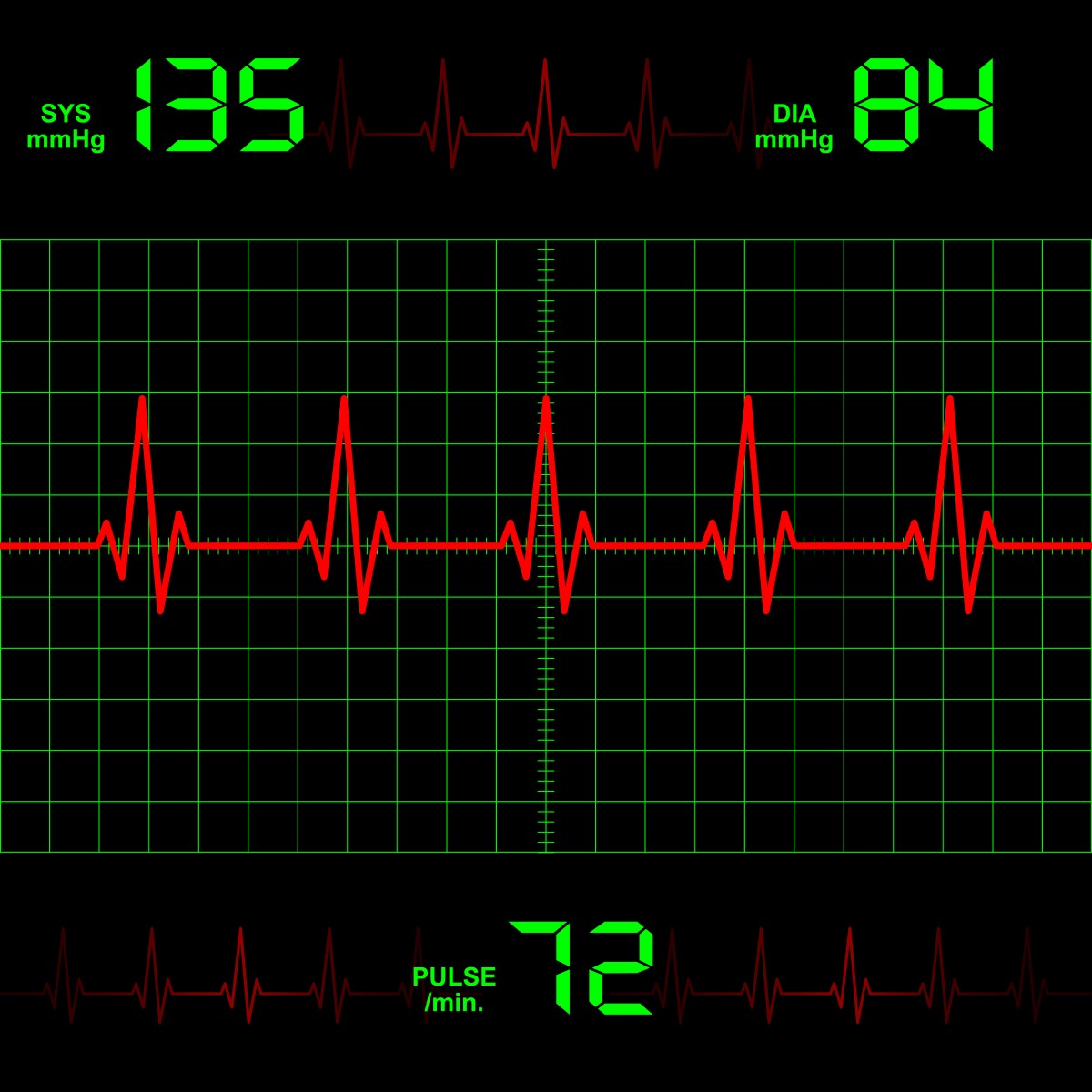 Common knowledge suggests that just before death, body systems slow down as heart beating stops and blood flow ends. However, findings from a recent study at the University of Michigan Medical School showed that during near-death, a storm of brain activity occurs as the heart weakens and plays an unexpected disruptive role in heart function. The study was published in the journal PNAS.
Common knowledge suggests that just before death, body systems slow down as heart beating stops and blood flow ends. However, findings from a recent study at the University of Michigan Medical School showed that during near-death, a storm of brain activity occurs as the heart weakens and plays an unexpected disruptive role in heart function. The study was published in the journal PNAS.
The team suggests that brain signaling just before death could be targeted to help patients with cardiac arrest survive. Most of the 400,000 Americans who have a cardiac arrest are at work, at home or in the public, resulting in death without assistance. “Despite the loss of consciousness and absence of signs of life, internally the brain exhibits sustained, organized activity and increased communication with the heart, which one may guess is an effort to save the heart,” said senior study author Jimo Borjigin, Ph.D., associate professor of neurology and associate professor of molecular and integrative physiology in a recent press release.
According to these results, brain signaling at near-death might accelerate cardiac failure. The research team comprising neuroscience, physiology, engineering, chemistry, cardiology, and pharmacology scientists studied the events occurring during asphyxia-induced cardiac arrest in rats, examining the animals’ heart and brain during experimental asphyxiation and observing the release of several different neurochemicals, alongside a brain-heart connectivity activation.
After a sudden drop of heart rate, brain signals intensely synchronized with the heart rhythm. This was measured using a new technology called electrocardiomatrix, developed in Dr. Borjigin’ laboratory. The results from this research also revealed that impeding the brain’s outflow delayed ventricular fibrillation, the most severe cardiac rhythm disturbance. “The study suggests that a pharmacological blockade of the brain’s electrical connections to the heart during cardiac arrest may improve the chances of survival in cardiac arrest patients,” Dr. Borjigin said in the press release.
In a previous study, the research team had already found a structured activation of the brain in rats experiencing cardiac arrest. Findings from this new research provide a neurochemical basis for the surge in brain activity. The results also revealed a brain-heart connectivity that may be targeted to lengthen detectable brain activity.


